Unity's U-Turn: A Solo Indie Dev's Perspective on Trust, Costs, and the Future of PC Gaming Hello everyone, Elena Petrova here.

Hello everyone, Elena Petrova here. I’m a 32-year-old solo indie game developer from Minsk, Belarus, and the creator of Aetheria: Echoes of the Ancients, a 2D pixel-art RPG that, thankfully, found its audience thanks to the amazing support on Kickstarter. I've been using Unity for years, ever since I fell in love with its accessible 2D tools and the sheer wealth of resources available in its ecosystem. I even had my next project, a Metroidvania, planned in Unity. Then came September 12th, 2023. You all know what I’m talking about: the announcement of Unity’s proposed runtime fee.
Honestly, the last few weeks have felt like navigating a boss battle with an unpredictable difficulty curve. The initial shock, the scrambling for information, the sheer panic on the indie game dev Discord servers I frequent... it was intense. While Unity has since walked back some of the most egregious parts of their plan, the damage to trust is undeniable. So, I wanted to share my perspective – a blend of relief, lingering distrust, and the pragmatic outlook of someone who has poured years into crafting worlds and stories within Unity.
The Financial Sword of Damocles
Let's talk money. Aetheria: Echoes of the Ancients is my baby. It's funded my life for the last two years and allowed me to dream of a second, even more ambitious project. I projected around 50,000 units sold in its first year, priced at $19.99. Before, after Steam's 30% cut and other fees, I was netting around $14 per sale. Not bad for a solo dev, right?
Then the runtime fee bombshell dropped. Even at the revised levels that Unity eventually landed on, the impact would have been devastating. Considering that roughly 20% of players uninstall and reinstall Aetheria at least once (mostly due to save file issues cropping up for some users and others experimenting with mods), those fees would add up alarmingly fast. Let's do some rough math.
- 50,000 units sold * 20% reinstall rate = 10,000 reinstalls.
Even a small fee per install could erode a significant portion of my revenue. It's hard to put an exact number on it without knowing the final, final terms and conditions (and that’s part of the problem – the uncertainty!), but I was looking at a potential loss of thousands of dollars. Money that was earmarked for development of my Metroidvania. Money that I desperately needed to survive as an indie developer.

And it wasn't just about existing sales. I had planned a month-long free demo for my Metroidvania on Steam. Suddenly, that felt like financial suicide. Each download, each reinstall, would be a ticking time bomb. How could I risk giving players a chance to experience my game if it might cost me money?
Sacrificing Game Design on the Altar of Monetization
The proposed changes weren’t just about the bottom line; they threatened the creative process itself. Would I have been forced to make compromises in Aetheria's design to minimize reinstalls? Absolutely.
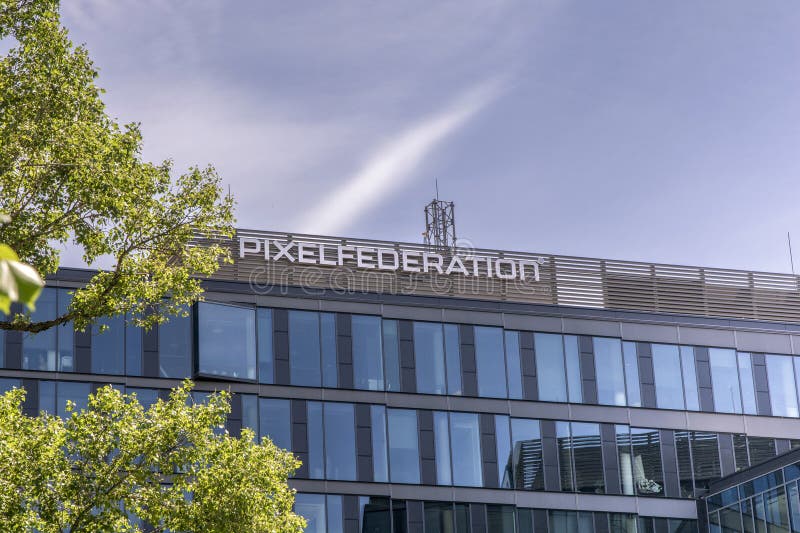
For instance, Aetheria features a highly replayable post-game dungeon with randomized loot and enemy encounters. It’s a fan-favorite feature, designed to keep players engaged long after the main story is complete. But knowing that players might reinstall the game multiple times to grind for specific items, would I have been forced to scrap it? It's a horrifying thought. Should game design be dictated by potential runtime fees? It goes against everything I believe in as a creator.
Considering the Godot Option (and the Headache That Comes With It)
The knee-jerk reaction from many indie devs was, "I'm switching to Godot!" And believe me, the thought crossed my mind. I even downloaded it.
Godot’s open-source nature and lack of licensing fees are incredibly appealing. It feels… ethical. And cost savings are, of course, a huge draw.
But then reality sets in. I’ve spent hundreds, maybe thousands, of hours learning Unity. I've invested in assets, developed custom scripts, and built a workflow around its quirks and strengths.
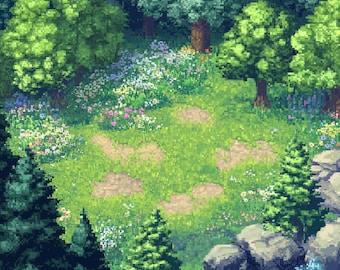
Porting Aetheria, a completed project with hundreds of custom C# scripts, would be a monumental task. I'd miss Unity's robust asset store, its extensive documentation, and the familiarity of its interface. Sure, Godot is powerful and promising, but I'd be starting from scratch. The learning curve is steep, and time is money, especially for a solo dev.
It's a gamble, and one I'm not sure I'm ready to take just yet. But now I know the cost of vendor lock-in.
Trust: The Most Valuable Currency
The biggest issue isn't necessarily the money, though that's a huge factor. It's the broken trust. The wording of that initial September 12th announcement was a gut punch. Applying the runtime fee retroactively, to games that already met the revenue and install thresholds? It felt like a betrayal.
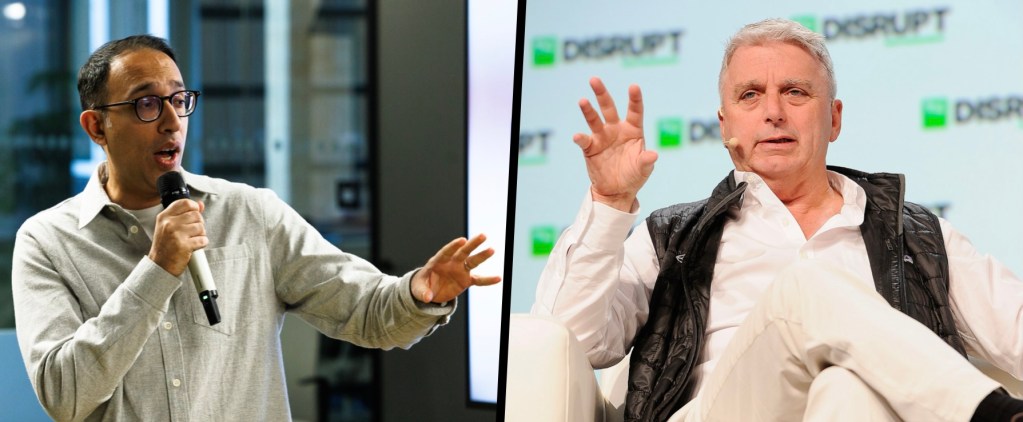
Unity’s follow-up apology and modifications to the fee structure were a step in the right direction, but the damage is done. It showed a fundamental misunderstanding of the indie game development landscape.
How can Unity rebuild that trust? Open-sourcing certain core components would be a start. A clear, transparent roadmap for future pricing changes is essential. And, perhaps most importantly, listening to the community. Actively engaging with developers on forums, Discord, and social media, and taking our concerns seriously. The clarification helped quell some of the immediate anger on Reddit and Twitter, but the sentiment is still cautious.
Steam, Itch.io, and the Ecosystem of Support
Thankfully, platforms like Steam and Itch.io have always been incredibly supportive of indie developers. They provide a vital avenue for us to reach our audience and make a living.
It's difficult to say how they might have responded if Unity had proceeded with the initial changes. Perhaps they would have offered engine-agnostic support, promoted games made with alternative engines, or even negotiated with Unity on behalf of the indie community.
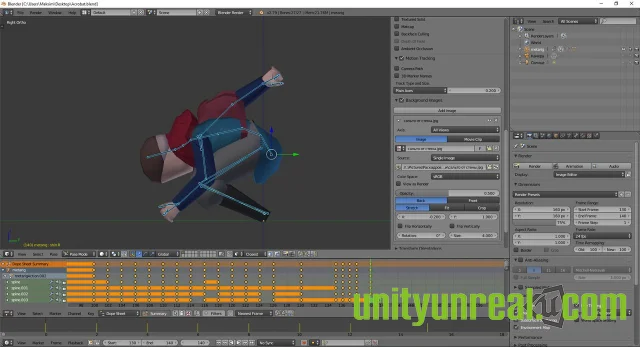
The perceived risk of Unity's decision definitely changes the appeal of publishing on these platforms. It highlights the vulnerability of relying on a single engine provider and underscores the importance of platform diversity.
A Temporary Fix or a Genuine Change of Heart?
So, has Unity truly learned from this experience? Or is this just a temporary fix driven by negative press and investor concerns? Honestly, I don't know. Time will tell.
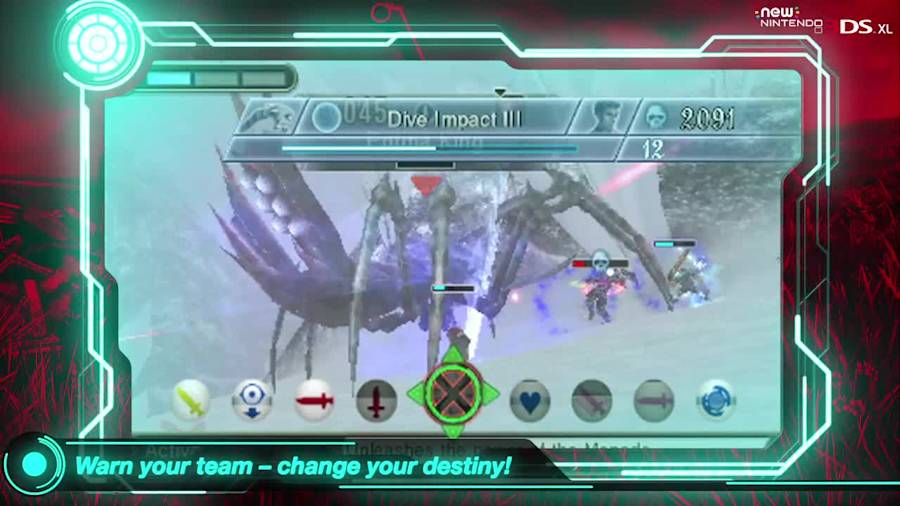
This controversy has exposed the power dynamics between engine providers and independent creators. It's a stark reminder that we are reliant on these tools, and that our livelihoods can be impacted by their decisions.
The long-term implications for indie PC game development are significant. We need to be aware of the risks of vendor lock-in. We need to support engine diversity. And we need to advocate for fair and transparent pricing models that don't penalize success.
For now, I'm proceeding cautiously with my Metroidvania. I'm staying in the Unity ecosystem, for now. But I’m also keeping a very close eye on Godot, and other alternatives. This experience has taught me a valuable, if painful, lesson: never put all your eggs in one basket. The future of indie game development depends on it.